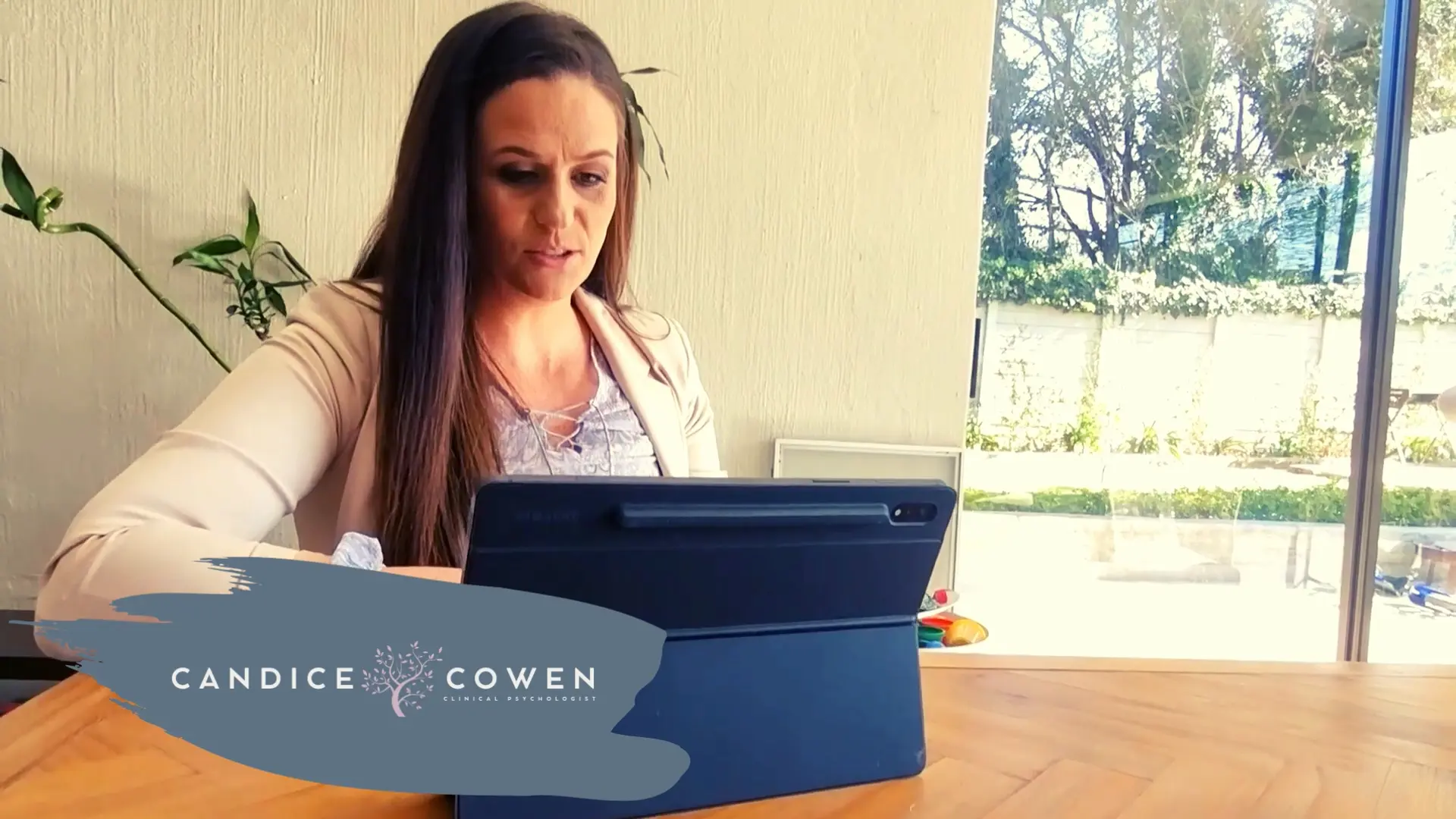Family Therapy

Healing Families, One Connection at a Time
Strengthening Bonds Through Effective Communication and Resolving Conflicts
Family therapy is a type of psychotherapy that helps families improve communication, resolve conflicts, and build stronger relationships. It can be used to address a variety of issues, including communication skills, boundary setting, dealing with a diagnosis, trauma debriefing, conflict resolution, and relationship building/strengthening.
It is based on the belief that the family is a system, and that problems in one part of the system can affect other parts of the system. By working with the entire family, the therapist can help to identify and address the underlying issues that are causing problems.
Our services can be a helpful way to improve communication, resolve conflicts, and build stronger relationships. If you are interested in learning more about family therapy, please contact a therapist in your area.
Family Therapy Solutions
Our family therapy approach is designed to address a range of challenges that families may encounter. From improving communication skills and setting healthy boundaries to navigating through diagnoses, trauma debriefing, conflict resolution, and relationship building, we offer comprehensive support to foster stronger connections. We believe that families are interconnected systems, and by working holistically with all members, our skilled therapists identify and address the underlying issues impacting the family dynamic. If you’re seeking to improve communication, resolve conflicts, and build stronger relationships, our services are here to guide you. Reach out to learn more about the transformative power of family therapy.
- Communications Skills
- Boundary Setting
- Dealing with Diagnosis
- Trauma Debriefing
- Conflict Resolution
- Relationship Building

Communication skills are essential for healthy relationships, and family therapy can help families improve their communication skills. A psychologist can help families learn how to listen actively, express feelings in a healthy way, this means being able to say how you feel without being aggressive or passive. Resolve conflict peacefully: This means being able to disagree without resorting to anger or violence.
We can also help families identify and address any communication patterns that are contributing to problems in the family. By developing these communication skills, families can improve their communication, resolve conflicts more effectively, and build stronger relationships.

Boundary setting is the act of defining the limits of what is acceptable behavior in a relationship. In family therapy, a psychologist can help families learn how to set healthy boundaries with each other. This can include learning how to say no, express needs, and respect the privacy of others.
Here are some specific boundary setting skills that we can help families develop. Identifying your needs and wants. Expressing your needs and wants in a clear and direct way. Respecting the boundaries of others. This can be a difficult process, but it is an important one for families. By working with a psychologist, families can learn how to set healthy boundaries and improve their relationships.

Dealing with a diagnosis can be a challenging process, but it can also be an opportunity for families to come together and support each other. A psychologist can help families by providing education about the diagnosis, helping them to develop coping strategies, and providing support and guidance.
We can help educate families about the diagnosis. Help families develop coping strategies. Provide support and guidance. Dealing with a diagnosis can be a difficult process, but it is important for families to remember that they are not alone. By working with a psychologist, families can learn how to cope with the challenges of the diagnosis and come together to support each other.

Trauma debriefing is a type of therapy that helps people who have experienced a traumatic event to process their experience and cope with the emotional impact. It is typically conducted within days or weeks of the traumatic event, and it can be done in a group or individual setting.
The goal of trauma debriefing is to help people understand what happened, to express their feelings about what happened, and to develop coping strategies for dealing with the emotional impact of the event.

Conflict resolution is a process that helps families to resolve disagreements in a healthy and productive way. It can be helpful for families who are struggling with communication, arguing, or other conflict-related issues.
We can help families with conflict resolution in a number of ways. Including identifying the root of the conflict. How to communicate more effectively. Develop conflict resolution skills. Provide support and guidance. By developing these conflict resolution skills, families can improve their communication, resolve conflicts more effectively, and build stronger relationships.

Relationship building/strengthening is a process that helps families to improve their communication, resolve conflicts more effectively, and build stronger relationships. It can be helpful for families who are struggling with communication, arguing, or other relationship-related issues.
We can help families identify the strengths and weaknesses of their relationships. Develop communication skills. Help families resolve conflicts more effectively, provide support and guidance. Relationship building/strengthening can be a challenging process, but it is an important one for families. By working with a psychologist, families can learn how to improve their communication, resolve conflicts more effectively, and build stronger relationships.
What to Expect
We understand that taking the first step towards seeking therapy can feel both exciting and uncertain. Here is an overview of what to expect during your initial consultation, so you can feel more comfortable and prepared for this important step on your journey towards well-being.

Payment Information
Before we proceed, we want to provide you with important information regarding the payment process for your consultations with Candice Cowen, Clinical Psychologist.
Please note that Candice operates a cash practice, which means that payment for your consultation will be required on the day of your appointment. We kindly ask you to settle the fee directly with Candice at the end of your consultation.
However, it’s important to mention that many medical insurance providers offer coverage for psychological services. After making payment for your consultation, you will receive an invoice that includes all the necessary details for claiming reimbursement from your medical aid or insurance provider. We encourage you to reach out to your insurance company beforehand to understand the specific requirements and reimbursement policies applicable to your plan.
